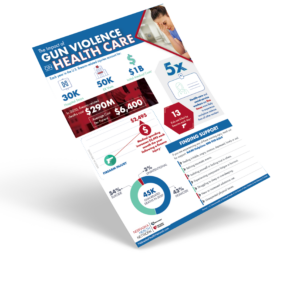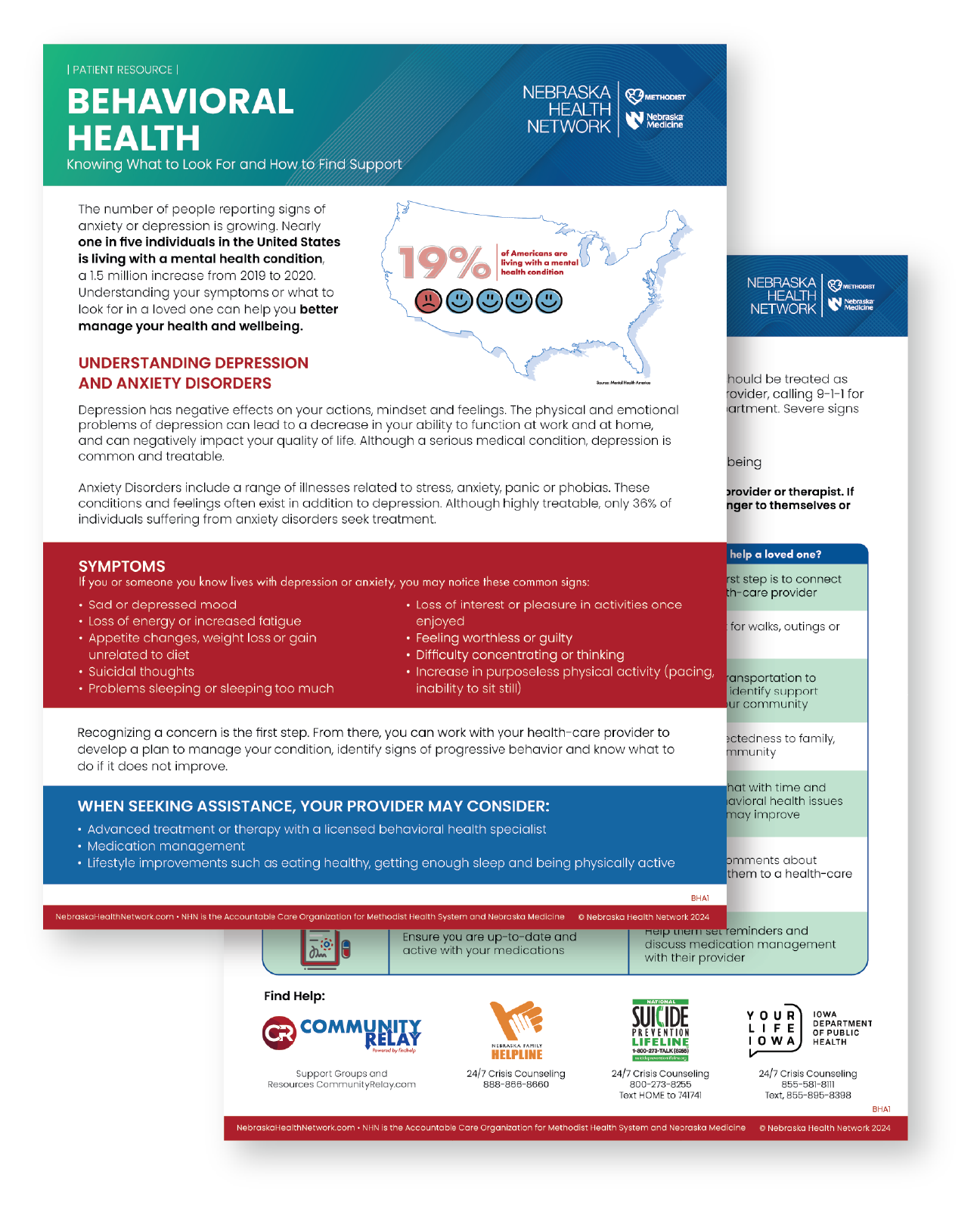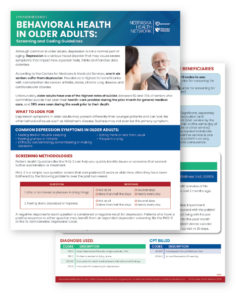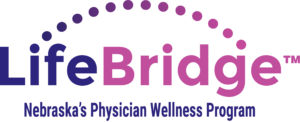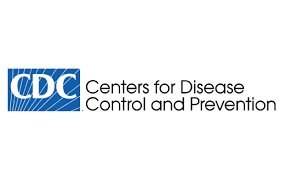NHN Provider Resource Library
BEHAVIORAL HEALTH
Nebraska Health Network offers a number of educational resources to help advance our mission of delivering patient-centered, high-value care.
0%
Patients with psychiatric disorders are 45% less likely than other patients to have an established Primary Care Physician.
0%
Primary Care Physicians recognize and identify only half of all mental illnesses in their patients.
0%
Only 30% of patients with mental illness are screened for chronic diseases like diabetes.
Sources: AHRQ, Harvard School of Business and Journal of General Internal Medicine
PROVIDER RESOURCE
The Impact of Gun Violence on Health Care
This NHN infographic discusses the prevalence of gun violence and its impact on health care. There were more than 45,000 gun-related deaths in 2020, and an average of 13 kids are killed daily. The growing violence negatively impacts health-care providers who face the tragedy as they deliver care. Discover warning signs to look for and resources to help you secure help.
PATIENT RESOURCE
Behavioral Health: Knowing What to Look For and How to Find Support
The number of people reporting signs of anxiety or depression is growing. Nearly one in five individuals in the United States is living with a mental health condition. Understanding the symptoms or what to look for in a loved one can help individuals manage their health and wellbeing.
PROVIDER RESOURCES
Behavioral Health in Older Adults: Screening and Coding Guidelines
Although common in older adults, depression is not a normal part of aging. Depression is a serious mood disorder that may cause severe symptoms that impact how a person feels, thinks and handles daily activities. According to the Centers for Medicare & Medicaid Services, one in six seniors suffer from depression. Prevalence is highest for beneficiaries with comorbidities like cancer, arthritis, stroke, chronic lung disease and cardiovascular disease.
Download our Behavioral Health in Older Adults: Screening and Coding guidelines to review what to look for, how to screen patients and how to code.
Behavioral Health in the Primary Care Setting
Nebraska Health Network recognizes the growing prevalence of patients with behavioral health needs in our Network. Over a 12-month period Behavioral Health patients:
- Had 213% more avoidable Emergency Department visits per 1,000 patients
- Visited the Emergency Department more than twice the amount of the general population
Hospital admissions for MSSP beneficiaries with behavioral health diagnoses are 75% higher than the general population; and the percent of readmissions is 82 percent higher for behavioral health patients.
Peer-to-Peer Coaching Program
The Nebraska Medical Association has launched their peer-to-peer physician coaching program LifeBridge Nebraska. LifeBridge Nebraska was developed by physicians, for physicians. It is a FREE coaching program available to all Nebraska physicians, regardless of NMA membership. The NMA hopes Nebraska physicians will reach out as a normal response to acute and chronic stress rather than just “powering through.”
Confidential appointments are self-referred without medical diagnoses, insurance billing or electronic records. Notification is not given to employers, NMA, or the board of medicine. Program participants can expect complete confidentiality –information and/or identity is never disclosed to others without written consent.
Physicians can connect with LifeBridge Nebraska by calling a confidential third-party call center at 1-888-569-2036. To learn more and to view coach profiles, please visit lifebridgenebraska.org

